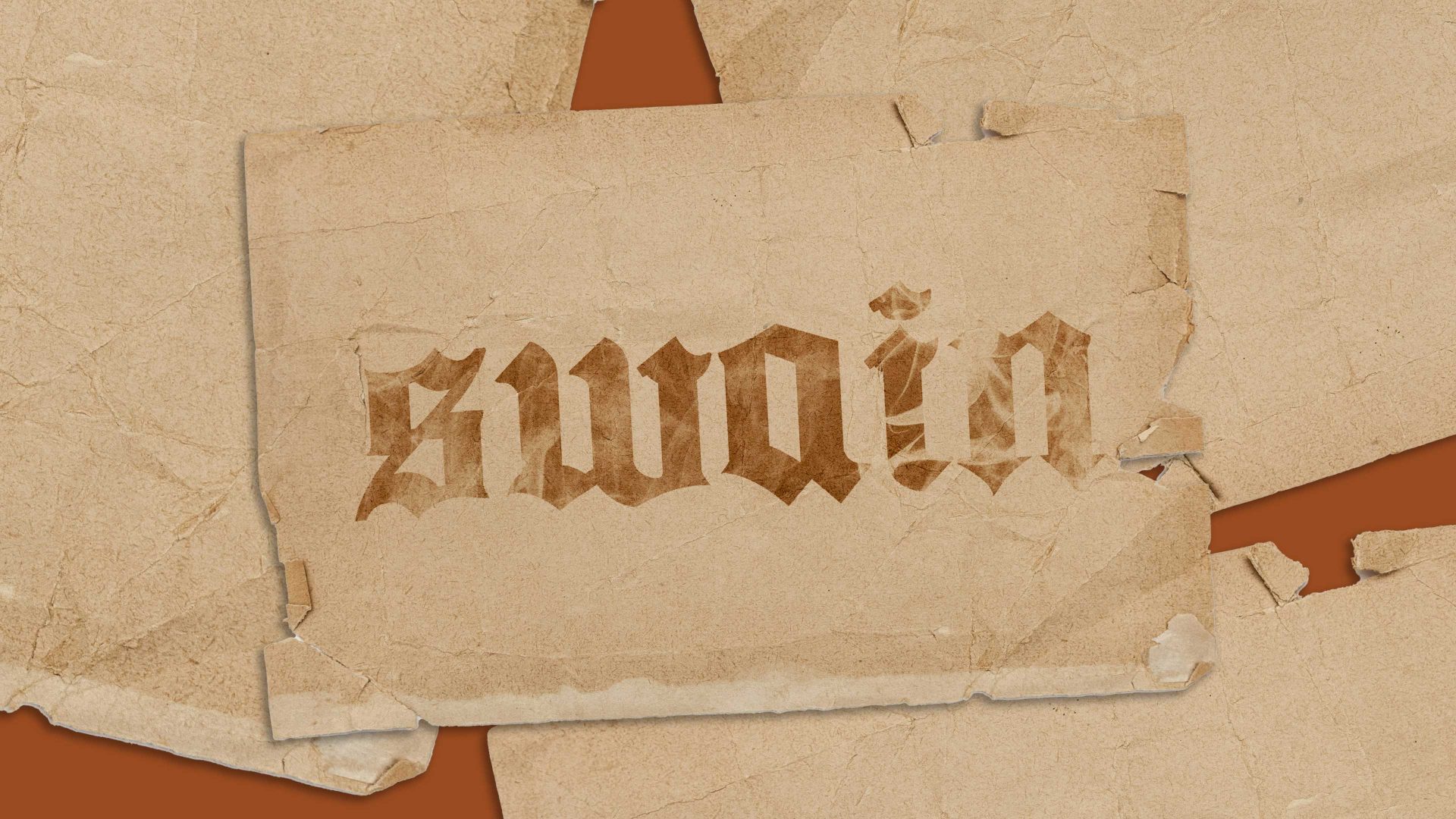“Who is Sylvia?” asks Shakespeare’s character Proteus in a song from the bard’s 1590s play The Two Gentlemen of Verona. The singer then goes on to ask “What is she that all our swains commend her?” – in other words, why are all the swains so full of praise for Sylvia?
But the question that we, Shakespeare’s modern audiences and readers, are perhaps more likely to ask these days is: what exactly is a swain? Because, probably, many of us have never met a swain and do not even know what the word means.
When I was at junior school in the 1950s, we did have a teacher called Mr Swain. And indeed the Oxford Dictionary of Family Names in Britain and Ireland shows that on these islands there are about eight thousand people with the surname Swain, indicating that some medieval male ancestor was classified as a swain and therefore was referred to by that designation, which was eventually passed on to later generations as a family name.
But most of us are ignorant on the subject of swains because, in Modern English, the word swain is obsolete, as the Oxford English Dictionary tells us. The OED also notes that the word was borrowed into Anglo-Saxon (Old English) from the early Scandinavian of the Vikings – so about a thousand years ago – and that it came to mean “a young man attending a knight, a male servant, a man of low status, a country or farm labourer. A youth, a boy, a country lover or wooer.” Indeed, in Modern Norwegian svein can today still mean “lad, boy, youth”.
Suggested Reading


Are Reform UK ‘dumb’ or just plain stupid?
But though the actual word may itself be obsolete in English today, there are still traces of it hanging around in our modern English language. It lives on, for example, in a reduced form in a couple of words where it is no longer readily recognisable as having much connection with the meaning of the word swain.
People who enjoy watching the annual Oxford-Cambridge University boat race on the Thames from Putney to Mortlake will know that in addition to the eight enormously powerful rowers who are the main contestants in the race, there is an additional non-rowing participant in each team – who, these days, is not infrequently a young woman even with an otherwise all-male crew: if so, she is favoured because she is smaller and lighter than most men and thus weighs down the boat less.
This person, male or female, is called the cox, which is an abbreviation of coxswain. The word cock was originally the name for a type of small boat, particularly one carried on board a larger vessel, so the coxswain or cox was the young man in charge of this craft.
A similar origin can be noted in the case of the word bosun, which was originally boatswain; its modern meaning is “a ship’s officer in charge of equipment (in a sailing ship, esp. the sails, rigging, cables, etc.) and the work of the crew on deck”. Phonetic erosion over the centuries has meant that all that is left of the original swain in bosun is the highly reduced ending s’n.
Swon
English used to have a word swan, sometimes also written swon, which seems to have had some historical connection with the word swain but no connection at all with the name of “the large web-footed swimming bird of the genus Cygnus”. The word, however, was also certainly etymologically related to the form swine, because it was used with reference to the man who looked after the pigs, the swineherd.




